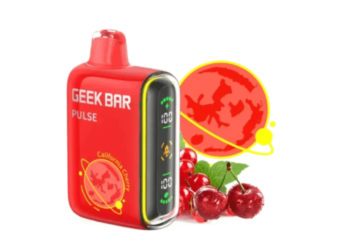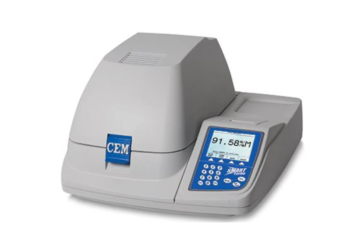Online trading in commodities is simple, but one should not undertake it without extensive study.
Since it necessitates extra steps, placing an order over the phone with a commodities broker and then waiting for a call back is less efficient than trading online. You need to know a few things if you want to trade commodities online.
Commodity Broker Selection Guide
Today, the sole means of trading commodities is through futures contracts or ETFs. Trading in securities is possible through online retail brokers, although futures brokers are also available. Brokers who specialise in trading futures might provide additional services and features, so it’s worth your time to learn about both options. Many other brokers provide high-quality items, excellent customer service, and low commission rates.
A Commodity Account’s Documentation
To create an account with any commodity broker, you’ll need to provide proof of identity. Traders must fill out forms detailing the risks of commodities dealing.
Because commodities are heavily leveraged, financial data is vital (borrowed money for funding). As a result, there is a risk of losing more than you put in. To work with a broker, you’ll have to provide information about your earnings, assets, and creditworthiness.
A broker considers your financial status, past trading experience, and credit history while deciding whether or not to accept you as a customer. A commodities account can’t be opened by everyone who fills out the application form. Brokers are in charge of determining whether or not a prospective customer is an appropriate commodity trader.
For Anyone Interested in Trading Commodities Online, Here’s a Checklist
Once you’ve been allowed to trade commodities, the next step is to deposit funds into your trading account. Even though many brokers have a minimum deposit requirement, it is entirely up to the trader to decide how much money to deposit when opening an account. Taking one’s comfort level and risk tolerance into account when selecting how much money to invest is essential.
Making a well-researched and carefully prepared trading plan is the first step toward trading with real money. You may practise trading without risking any money by using the simulators offered by several different commodities brokers. Practising order entry through training and simulations can help you prevent costly mistakes.
Trading simulators can help you learn how to approach the markets you’re interested in trading in.
When you first start to trade commodities online, you should exercise caution and avoid overtrading. Inexperienced traders are more likely to lose money if they make too many transactions at the start of their trading careers.
Tips from Experienced Traders for the Newbie
Understanding the futures and options markets is essential. In actuality, they are only derivatives of the commodities market, where the actual delivery of the items takes place. Commodities are an example of derivative security, which is a security that is connected to a specific asset.
You should look at the fundamentals of that commodity before you trade futures on it. Trade groups and commodity exchanges provide a wealth of free information. Government agencies provide free data about commodities.
API/EIA is an excellent source of energy market data (American Petroleum Institute and Energy Information Administration). USDA publishes weekly and monthly reports on the grain, soft commodity, and livestock protein markets.
When trying to make sense of commodities, supply and demand must be analysed. It would also be beneficial to learn about the swings in supply and demand for various commodities.
Commodity futures and options trading carries a high degree of risk. These instruments pack a lot of punch. There are several hazards involved in building wealth.






